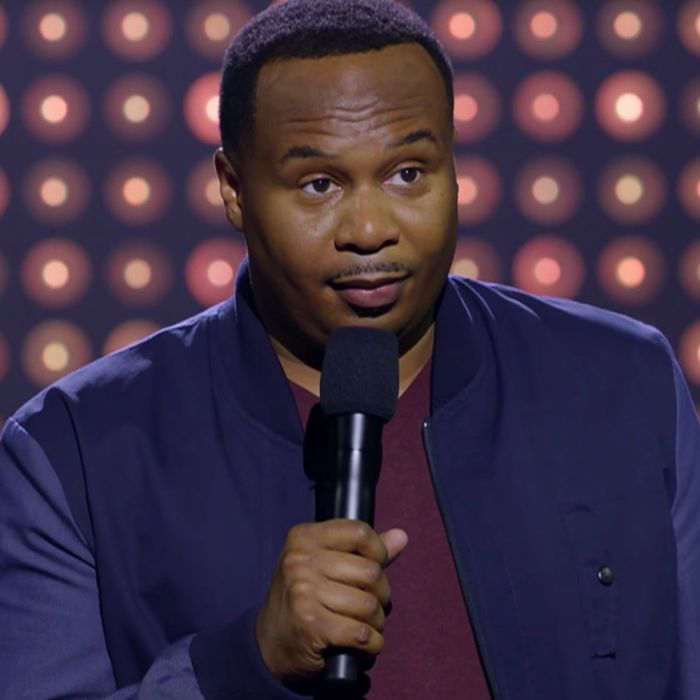It took 207 years. That is the span of time between the last breach of the U.S. Capitol by the British in 1814 until yesterday. For the record, that includes the War Between the States, two world wars and September 11, 2001. Including yesterday’s assault, this was twice within less than 20 years. In one case, the building suffered absolutely no damage. In the other, windows were broken, doors were forced open and offices were trashed.
What was the difference? Structural barriers? NO! Better intelligence prior to the attacks? NO! Law enforcement response time? NO! The difference were the individuals associated with these events and their understanding of their responsibility as citizens and guardians of American democracy. That difference can be summed up in two words and two pictures.
 On September 11, 2001, 40 individuals aboard United Flight #93, after becoming aware of the attacks on the World Trade Center and Pentagon, decided they had to stop any further incursion. At the time, they did not know the intended target was the U.S. Capitol, but were convinced it was one other major symbol of America that would be next. With that knowledge, 33 year-old Flint, Michigan native Todd Beamer gave the command, “Let’s roll.” Beamer and his fellow passengers will forever be remembered as heroes. A high school in Federal Way, Washington bears his name and is dedicated as a perpetual reminder of the bravery and sacrifice of those who chose country over self.
On September 11, 2001, 40 individuals aboard United Flight #93, after becoming aware of the attacks on the World Trade Center and Pentagon, decided they had to stop any further incursion. At the time, they did not know the intended target was the U.S. Capitol, but were convinced it was one other major symbol of America that would be next. With that knowledge, 33 year-old Flint, Michigan native Todd Beamer gave the command, “Let’s roll.” Beamer and his fellow passengers will forever be remembered as heroes. A high school in Federal Way, Washington bears his name and is dedicated as a perpetual reminder of the bravery and sacrifice of those who chose country over self.
Different pictures should forever come to mind every January 6th to remind us how seriously (or not) some take their oath of office to “support and defend the Constitution of the United States against all enemies, foreign and domestic…” There is one of Donald Trump asking his lemmings to march with him to the Capitol to disrupt the counting of electoral votes sealing Joe Biden’s election as the next president. (NOTE: Of course, Trump did not march with them. He took shelter in the White House to watch the proceedings on television. Maybe the bone spurs were acting up again.) There is one of Cult 45 consigliere Rudy Giuliani calling for “trial by combat.” But the one that best captures the difference between heroes and villains is the photo of Missouri Senator Josh Hawley arriving at the Capitol to perpetuate the lies and debunked conspiracy theories the 2020 election was fraudulent.
 Hawley turns to the crowd, raises his left fist and might as well have said, “Let’s roll.” Except this time, the Senator was urging the passengers on Trump Flight #45 to take command of the plane and make sure it struck its target. After the damage was done, did Hawley admit he may have crossed the line between personal interests and his oath of office? Did he at least try to de-escalate the tension by telling those he urged on just hours before, “I’m with you, but this is not the way to do it.” No! Instead he took to the floor during a joint session of Congress and again affirmed, despite all evidence to the contrary, the insurgents’ “cause was just.” You know, the same rationale others have used to pass Jim Crow legislation, enforce school segregation, deny black citizens the right to vote and honor generals who led armed troops against the United States with statues and by attaching their names to military bases, schools and other public buildings.
Hawley turns to the crowd, raises his left fist and might as well have said, “Let’s roll.” Except this time, the Senator was urging the passengers on Trump Flight #45 to take command of the plane and make sure it struck its target. After the damage was done, did Hawley admit he may have crossed the line between personal interests and his oath of office? Did he at least try to de-escalate the tension by telling those he urged on just hours before, “I’m with you, but this is not the way to do it.” No! Instead he took to the floor during a joint session of Congress and again affirmed, despite all evidence to the contrary, the insurgents’ “cause was just.” You know, the same rationale others have used to pass Jim Crow legislation, enforce school segregation, deny black citizens the right to vote and honor generals who led armed troops against the United States with statues and by attaching their names to military bases, schools and other public buildings.
At the same time, Hawley’s campaign sent his supporters a fundraising email in which he said, “But this is not about me! It is about the people I serve, and it is about ensuring confidence in our elections.” Funny, in the course of getting a Ph.D. in political science, I never came across the law or court case that explained how a Missouri senator represents voters in Arizona, Georgia, Michigan, Pennsylvania and Wisconsin. You learn something new every day in Trump world.
If and when some misguided Missouri school district recommends a high school be named in honor of Senator Hawley, the trustees should re-read the editorial in this morning’s Kansas City Star.
No one other than President Donald Trump himself is more responsible for Wednesday’s coup attempt at the U.S. Capitol than one Joshua David Hawley, the 41-year-old junior senator from Missouri, who put out a fundraising appeal while the siege was underway.
Hawley was first to say that he would oppose the certification of Joe Biden’s Electoral College win. That action, motivated by ambition, set off much that followed — the rush of his fellow presidential aspirant Texas Sen. Ted Cruz and other members of the Sedition Caucus to put a show of loyalty to the president above all else.
But equally important, the school board members need to be shown the above picture of Hawley next to the one below.

For what it’s worth.
Dr. ESP
 Scottish philosopher Alexander Fraser Tyler developed the paradigm by which the destructive heat which dooms civilizations rises incrementally over time. His description of the rise and fall of geopolitical societies consists of the following eight stages.
Scottish philosopher Alexander Fraser Tyler developed the paradigm by which the destructive heat which dooms civilizations rises incrementally over time. His description of the rise and fall of geopolitical societies consists of the following eight stages. I suspect one person who might file an amicus brief when the constitutionality of the ban comes before a judge will be Roy Wood, Jr. Some of you may recognize Wood as “the senior black correspondent” on “The Daily with Trevor Noah.” However, his rationale against banning the Confederate flag was first voiced during his “Father Figure” comedy special on Comedy Central during which his opening after taking the stage before a largely African-American audience was:
I suspect one person who might file an amicus brief when the constitutionality of the ban comes before a judge will be Roy Wood, Jr. Some of you may recognize Wood as “the senior black correspondent” on “The Daily with Trevor Noah.” However, his rationale against banning the Confederate flag was first voiced during his “Father Figure” comedy special on Comedy Central during which his opening after taking the stage before a largely African-American audience was: Which brings me to Mitch McConnell. You remember Mitch, the guy who spent hundreds of millions of dollars during the 2020 campaign backing “law and order” Senate candidates, warning Americans that calls to “defund the police” would lead to lawlessness and chaos in the streets. Well, Mitch was right. However, what he did not tell you is that he would be the one to “defund the police.”
Which brings me to Mitch McConnell. You remember Mitch, the guy who spent hundreds of millions of dollars during the 2020 campaign backing “law and order” Senate candidates, warning Americans that calls to “defund the police” would lead to lawlessness and chaos in the streets. Well, Mitch was right. However, what he did not tell you is that he would be the one to “defund the police.” In the past, we have asked people, “Imagine you were disabled. Put yourself in our shoes.” But the truth is they WILL be in our shoes. They look at us and see a disabled person. We need to remind them we look at them and see a “temporarily abled” person.
In the past, we have asked people, “Imagine you were disabled. Put yourself in our shoes.” But the truth is they WILL be in our shoes. They look at us and see a disabled person. We need to remind them we look at them and see a “temporarily abled” person. Please spare me. After all this you voted for him and said you would vote for him again. I’m sorry, but heroes do not wait until they are the ones in personal danger. They use their position, authority and everything at their disposal to safeguard those who are caught in the crossfire. Yes, I know Sterling said he did not do it for himself, but for a 20 year old delivery man who was only doing his job. But, if he and Raffensperger had spoken up immediately, maybe that young man would not have been put in such a dangerous situation in the first place.
Please spare me. After all this you voted for him and said you would vote for him again. I’m sorry, but heroes do not wait until they are the ones in personal danger. They use their position, authority and everything at their disposal to safeguard those who are caught in the crossfire. Yes, I know Sterling said he did not do it for himself, but for a 20 year old delivery man who was only doing his job. But, if he and Raffensperger had spoken up immediately, maybe that young man would not have been put in such a dangerous situation in the first place.